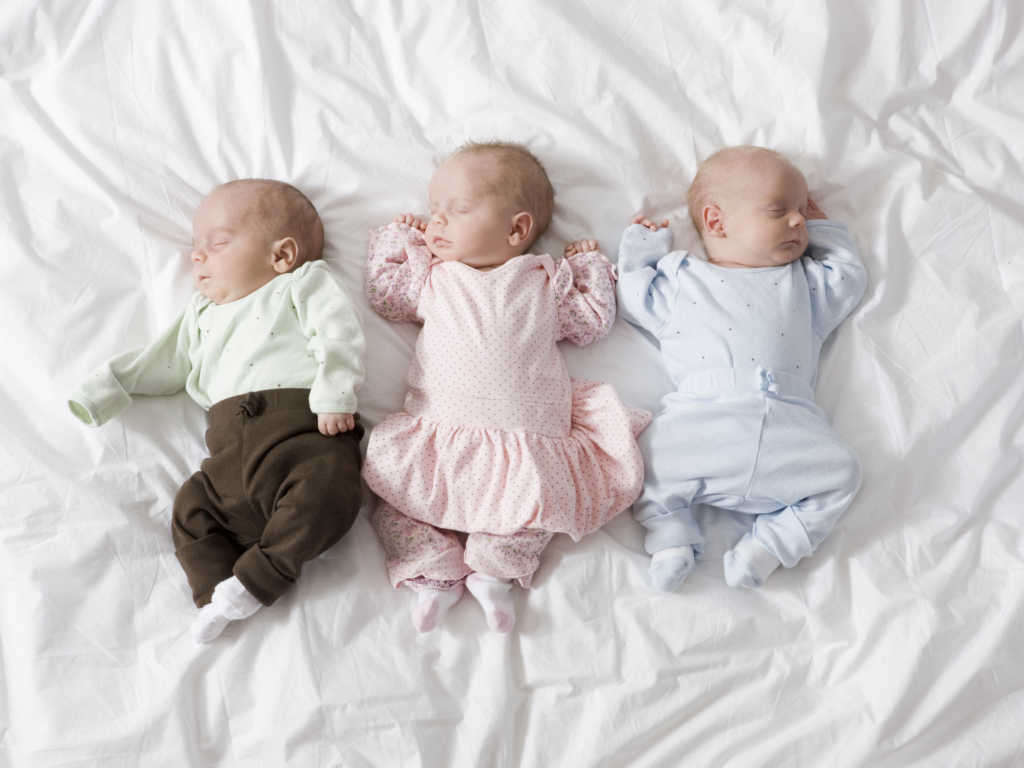Guest writer Marianna Keen raised a few eyebrows recently in an op-ed featured on the Huffington Post website claiming she will not be having children in order to help save the planet from the alleged climate crisis.
Keen argued having kids is a detriment to the planet. “Many people believe it’s their duty to have children, but for me, the opposite is far more accurate,” she began. “I feel it’s my responsibility not to have children, as part of a collective effort to respond to an unsustainable population size.”
Later, Keen says the decision to have children is a “to each their own” type decision, but her dire assessment of a child’s impact on the planet runs in apparent contradiction to that view.
Take, for example, the factors that make her “uncomfortable” about having children:
“In my mind, having a child means multiplying my impact on the environment. And due to our increased life expectancy, we are consuming resources and producing waste for around 40% longer compared to six decades ago. That makes me feel deeply uncomfortable.”
This dire view of what having a child will do to the planet does not square with being accepting of others having children. Keen goes on to discuss her internal debate with “personally enriching choices” vs. her “duty to the planet” implying that both could not be accomplished at the same time.
Keen also addressed the idea of selfishness and children, claiming that it is actually more selfish to have children than not.
“A couple of people have told me they believe it’s selfish not to have a child; that it’s somehow wrong of me not to want to dedicate my life to a human being who doesn’t even exist yet,” Keen explains. “To each their own, but this feels like a strange paradox. Surely if you don’t have a baby, then there is no potential to be selfish, whereas if you do have a child, there is the potential to neglect them ― and that’s on top of disregarding the environmental impacts. With the number of orphans and neglected children out there in need of parents, I think that having your own child is the more selfish choice.”
Keen explained earlier in the piece, however, that she’s “Realized there’s so much I could miss out on if I do have children ― like dedicating my time to lifelong personal goals and having more time with family and friends.”
Taking the opposite course of action (having children) would cause her to miss out on these so-called opportunities, by her own admission. Having to give up those wants and desires in order to care for another human being would be self-less, while not having the child in order to preserve these self-focused goals would be self-ish, by definition.
Interestingly, Keen goes on to support adopting the idea of a self-imposed one-child policy, as it would be “a positive move” for the planet.
Not everybody will make the decision not to have their own children, of course, and I recognize that reducing our impact on the environment is not an all-or-nothing scenario. Even stopping at one biological child can be a positive move.
Keen closes by admitting that talking about kids as if they’re destroying the planet is a “taboo topic” and that people would rather congratulate their friends for having babies rather than scold them, before lamenting that we’re long overdue as a culture to change the “norm” of society when it comes to how many children we have.
I expect many others feel as I do, but it’s a taboo topic. People feel more comfortable congratulating their friends for having children than for deciding not to have them. People are swayed by norms and changing the norm here is well overdue in my opinion. Surely, the norm should support a more sustainable environment for our planet. Family and societal expectations need not compete with life goals and environmental protection; they can harmonize.
Let’s pray for Keen that she realizes children are a blessing, not a curse on the planet. That yes, we can continue to go forth and multiply and also be good stewards of God’s planet. And let us all remember that ultimately, God is sovereign and in control of our past, present, and future — and we shouldn’t miss out on the blessings of children based solely on the fears caused by climate alarmism.



